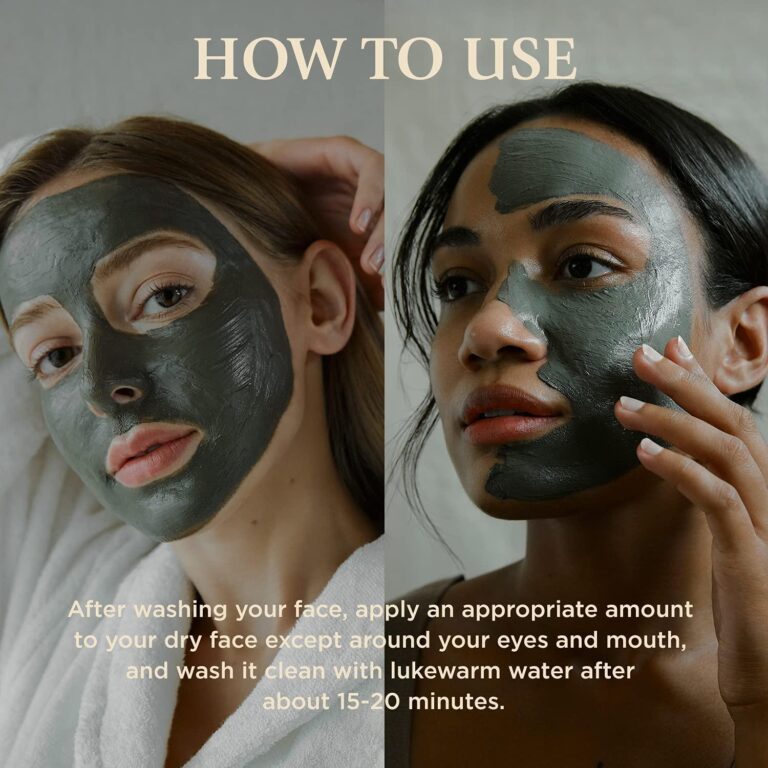Experts say: our skin is indicative of the content of our dishes and it also reveals what we forget to put in these dishes. Despite being extremely intelligent, the skin does not have the ability to synthesize vitamins and is waiting to get its need from foods. But dietary habits that we adopt and freedoms and that we cause an imbalance in our diet is reflected on our situation, health and condition of our skin. Eating a little of everything is the solution to this political problem, but it’s hard to make sure that our skin gets from food all the nutrients that you need. So the ideal solution remains a combination of nutritional and cosmetic vitamins.
To fight wrinkles vitamin A, E, C, F and beta carotene:
These vitamins are known for their protective and softening properties and help heal scars, but they can also delay the appearance of wrinkles and restore the skin in depth.
Vitamin A retinol
Regulates the secretion of sebaceous glands and sweat glands, improves skin quality, activates collagen synthesis and thickens the skin.
Found in liver, butter, raw egg yolk, cow’s milk, and sardines.
Betacarotene:
It belongs to the family of carotenoids and has the ability to convert to vitamin A. in this case, it has the same biological activity as vitamin A, but is more effective in the field of fighting aging for its ability to protect skin cells from free radicals produced by ultraviolet rays.
It is found in all vegetables and fruits of yellow or orange color or with dark green leaves. Its best sources are dried apricots and carrots.
Vitamin E tocopherol
It is the best anti-aging vitamin and is very effective in fighting free radicals.
We find it concentrated in wheat seed oil, mussels, corn and Auja oils.
Vitamin C Ascorbic Acid
It activates collagen production and improves skin circulation, giving skin radiance and reducing brown spots.
We find it in sour fruits (Indian Lemon, Orange, Sour, apricot, Frieze, cranberry) and tropical fruits (kiwi, manga), as well as in cabbage, tomatoes, new potatoes, bell peppers, scented herbs and parsley.
Vitamin F
It is not a vitamin in the true sense of the word, but it is two essential fatty acids vital to the body. People with Vitamin F deficiency have dry skin and are prone to eczema, scars and wounds heal with difficulty and do not regenerate well.
Find this vitamin in fatty fish (salmon, herring…) And vegetable oils.
Vitamins of Class B to preserve radiance and freshness.
Their presence is still rare in care creams, but they are necessary to ensure radiance of the skin. If you suffer from excessive sebaceous secretions, very dry skin or red spots, focus your diet on vitamin-rich foods .B
Vitamin B2 riboflavin
This vitamin improves the quality of skin tissue and increases its effect if taken in conjunction with vitamin A, which is found in many foods, although 15% of women suffer from deficiency. This deficiency is due to a lack of magnesium necessary for the formation of vitamin B2 enzymes.
This vitamin is especially found in liver, dried fruit, mushrooms, milk derivatives, asparagus, spinach, peas, and also in meat, avocado, wholemeal bread and bananas.
Vitamin B3 or PP niacin
Protects the skin from light and participates in the conversion of fats, starches and proteins. Lack of it leads to dryness and redness of the skin.
We find it in liver, chicken, bell pepper, milk, tuna, Abyssinia and salmon. We also find it in lower proportions in meat, fish and mushrooms.
Vitamin B5 pantotenic acid
Affects the growth and resistance of the skin and hair. And in this vitamin is very rare if found in most foods. If there is a deficiency, it translates into a delay in healing scars and wounds and a burning sensation.
Find it in eggs, meat and vegetables.
Vitamin B6 period
This vitamin regulates sebaceous secretions and its deficiency causes the skin to become oily with the appearance of eczema.
Found in liver, meat, chicken as well as whole wheat flour, milk, dried fruit and avocado.
Vitamin B8 biotin
This vitamin interferes with the production of energy necessary for cell life. Lack of it leads to hair loss of the head, eyebrows and eyelashes. And cause inflammation of the skin around the natural exits and nails. Raw egg white prevents its assimilation and causes its deficiency.
Found in Brewer’s yeast, cabbage, mushrooms, chicken, eggs, beans and peas dried.
Vitamin B9 folic acid
This vitamin contributes to the proliferation of blood, brain and skin cells. Lack of it is very common among people who do not eat enough fresh and raw vegetables.
Insufficient intake of this vitamin leads to the emergence of many serious problems, and cooking contributes to the partial or total destruction of this vitamin in different foods.
We find it in bread, raw cabbage, asparagus, spinach, quickly cooked green beans and cow’s milk. We find it also in meat, eggs, and liver.
Vitamin B12 cobalamin
This vitamin is characterized by being necessary for the formation of red cells, the functions of the nervous system and immune defenses. Its deficiency is especially pronounced in vegetarians and their children and in people who are on fiber-rich diets. The disorders that result include inflammation of the tongue, abnormal discoloration of the skin, hair loss and the appearance of white hair.
We find it in all food products of animal origin, especially in the liver of beef, plus chicken, fish and eggs, veal, lamb, and cow’s milk cheeses








